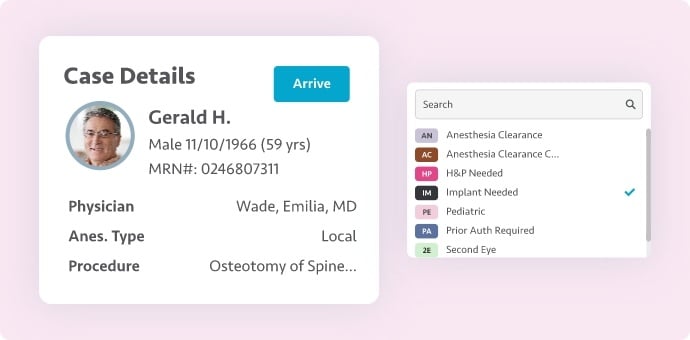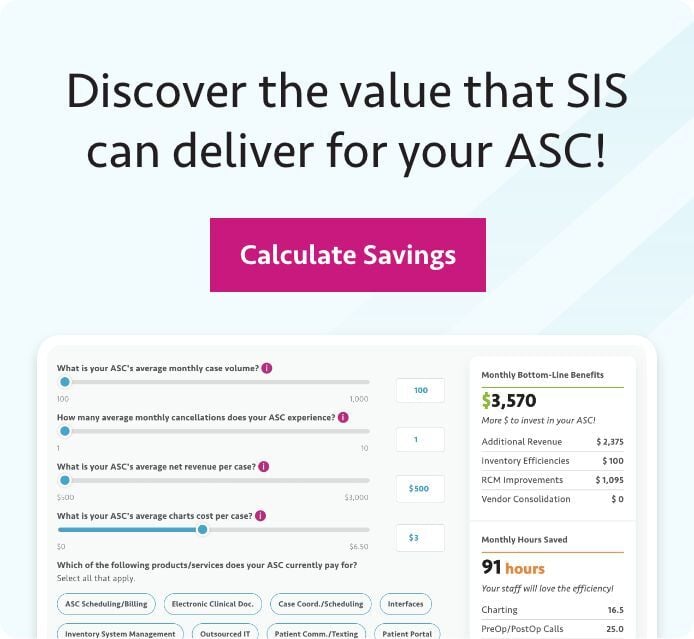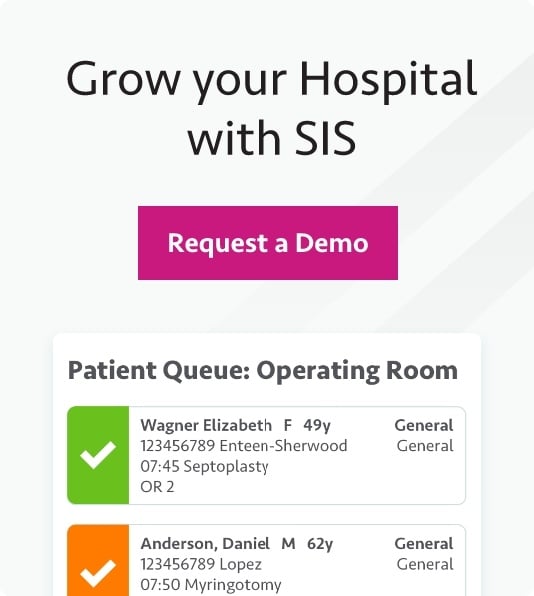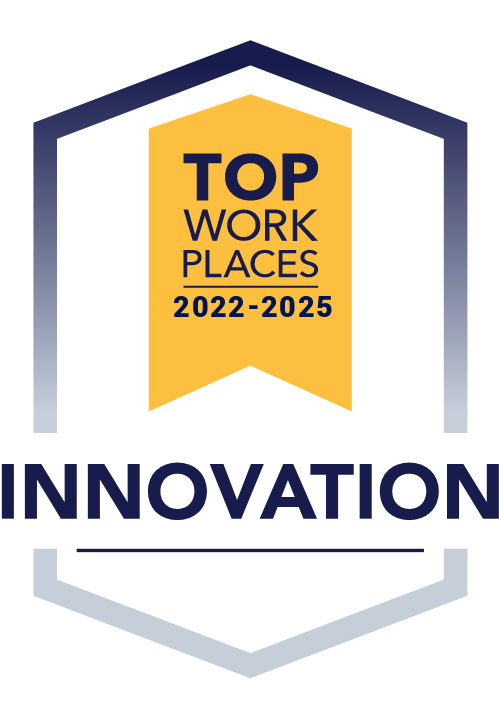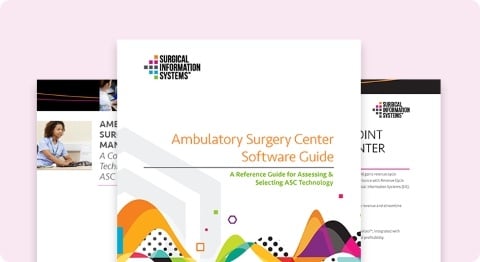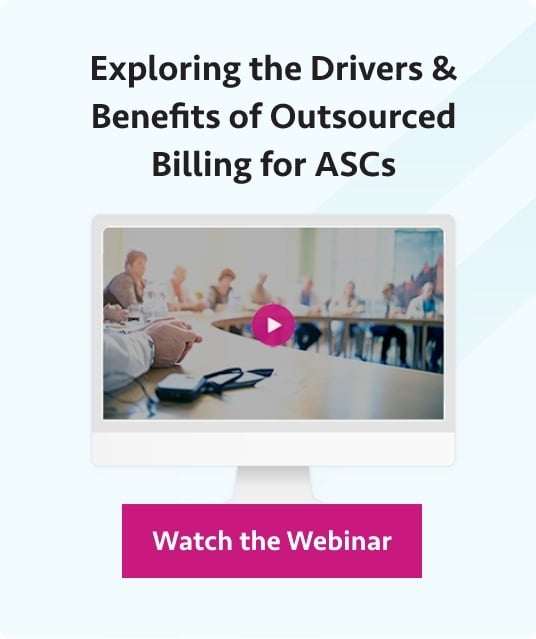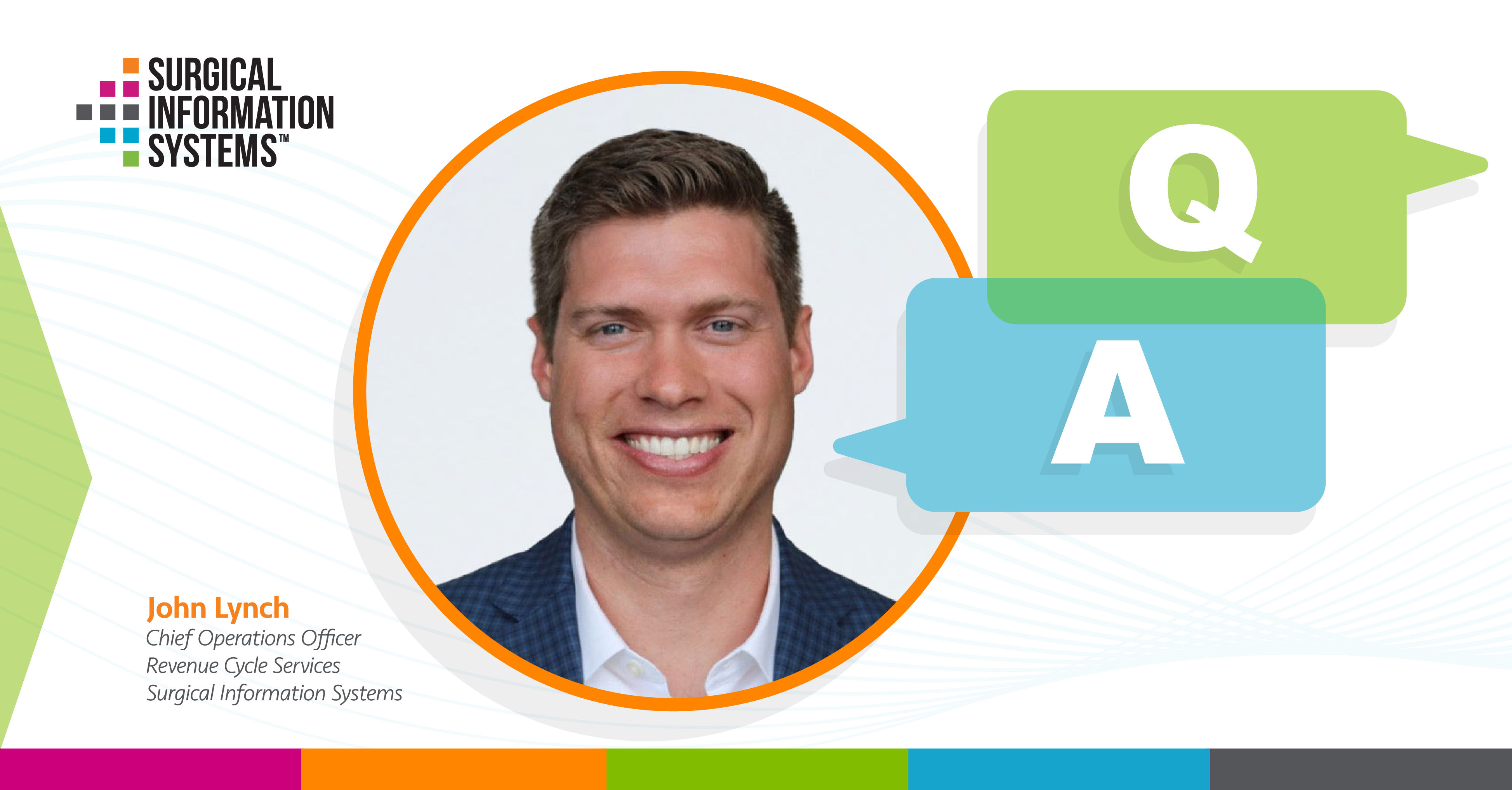Healthcare revenue cycle veteran John Lynch recently joined Surgical Information Systems (SIS) as its Chief Operations Officer for Revenue Cycle Services (RCS). In this interview, Lynch explores what led him to join SIS, why outsourced ambulatory surgery center (ASC) billing is on the rise, how SIS RCS stands out from the competition, and what's ahead for the future of RCS.
Q: What attracted you to SIS and this position as Chief Operations Officer for Revenue Cycle Services?
John Lynch (JL): What initially attracted me to SIS was its strong market position and reputation. SIS has long been recognized as a market leader in electronic health record (EHR) and other software for ASCs. As I researched the company and spoke to people across the healthcare space, it was clear that SIS had earned a solid reputation — especially with its innovation around cloud-based surgery center solutions.
From the revenue cycle side, I was already aware of the strong team in place, and I found the recent acquisitions (e.g., Surgical Notes) really exciting. There was a clear opportunity to combine best-in-class software and services, unify those capabilities, and help lead that integration. The ability to be part of a leadership team working to create something greater than the sum of its parts was a big draw.
What also stood out during the interview process was the culture and alignment within SIS' executive team. Everyone I spoke with — from our CEO Tom Stampiglia to our CFO John Spiller and others — had a consistent vision and clear commitment to the company's mission: making surgery safer, more affordable, and more accessible. That alignment wasn't just talk. It was evident in the way people thought and communicated.
It was also clear that SIS is intensely focused on the customer and our work’s impact has on patients and providers alike. I really wanted to be a part of that kind of purpose-driven environment.
Q: Why do you think demand for the outsourced ASC billing model is growing?
JL: There are several forces driving this trend, but one of the biggest is the growing cost pressure across healthcare, specifically in the ASC space. Labor costs have increased significantly since COVID-19. That's true not just for clinicians but also for revenue cycle staff like billers, coders, and transcriptionists. Talent is expensive and hard to come by, especially when trying to recruit locally, which is much easier said than done these days.
ASCs are focused on clinical excellence. That's their core mission. But running a high-performing revenue cycle operation requires a completely different skill set, infrastructure, and resources. It's not just about hiring — it's about training, retaining, and keeping up with the rapidly evolving regulatory and payer landscape. That's tough for a single center or even a group of ASCs to do well on their own.
At the same time, we're seeing rapid growth in the ASC sector. As surgeries continue to shift out of the hospital setting, ASCs are scaling, adding new specialties and procedures, and becoming more sophisticated in their operations. Many surgery centers recognize that they need a partner who already knows how to bill and code for those specialties and procedures, rather than trying to build that talent and associated processes internally.
Outsourced revenue cycle management helps address all of that for ASCs. It reduces cost, improves outcomes, and allows surgery centers to scale with confidence — all without needing to build a large, in-house billing operation.
Q: Why should ASC owners and leaders consider this billing model for their centers?
JL: It's simple: This is what SIS RCS does — day in and day out — and we do it at scale. Our RCS service currently supports hundreds of ASCs nationwide, and SIS services and technology solutions are utilized by more than 2,700 surgery centers. That provides us with deep insight into every major surgical specialty, all facets of ASC revenue cycle management, and all the regulatory, financial, and clinical forces shaping surgery centers.
Not all revenue cycle management providers are created equal. Many companies offer billing services, but few possess the ASC-specific focus and expertise that we do. Some might have more experience on the physician practice side, which isn't the same. ASCs are unique — from workflow and reimbursement models to compliance requirements — and it takes specialized expertise to consistently get it right.
We are often able to deliver better financial outcomes at a lower cost than ASCs are spending to manage their billing in-house. We consistently see higher collection rates, better denial resolution, and faster payment cycles. We bring more infrastructure — technology, resources, proven processes, and personnel — to the table.
There is also a significant operational benefit. When you outsource your ASC's billing, you're not dealing with the challenges and often headaches of recruiting, training, and retaining revenue cycle staff. That frees up leadership to focus on key areas, such as growth, physician relationships, and clinical excellence and outcomes.
And as ASCs look to grow — adding new specialties, pursuing more complex cases, and bringing in new physician-owners — having a high-performing revenue cycle is absolutely essential. Being able to say, "We collect what we earn and maximize distributions," is a powerful differentiator for a surgery center, empowering you with control over your financial operations.
Q: What do you see as the key differentiators that set SIS Revenue Cycle Services apart from competitors?
JL: There are several, but it starts with specialization and flexibility. We have deep ASC expertise and operate across all major surgical specialties. We also know how to work with nearly every EHR or billing system used by ASCs. While we of course prefer when customers are using SIS' technology — because it allows for deeper integration — we still deliver top-tier results even when they're using third-party systems. That's not something many revenue cycle management companies can claim.
Another big differentiator is how we are integrating our services with our technology. As we continue combining our software capabilities with our revenue cycle services, we're unlocking automation and efficiency gains. That means less manual work, fewer errors, and faster turnaround, all of which benefit the bottom line.
We are also able to help surgery centers identify opportunities they might not even be aware of. Whether it's optimizing their chargemaster, tightening payer contracts, or improving how they code and bill for specific procedures, we're advising clients in ways that go far beyond transactional billing. We're not just a service provider, we're a true partner, supporting you in every aspect of your revenue cycle management.
And finally, we support all types of clients — from large corporate and management groups to independent ASCs. That breadth gives us the ability to scale, tailor our approach, and meet the specific and often evolving needs of each surgery center partner.
Q: What is your short- and long-term vision for RCS?
JL: In the short term, we are focused on sharing best practices across our organization and leveraging our combined knowledge across our RCM operations. There is already considerable momentum in aligning our services with our technology, but we are just getting started. The opportunity to connect software and services in smarter ways is enormous.
Long term, our vision for RCS is ambitious. We aim to transform how ASCs experience revenue cycle — and how their patients do, too. When a patient interacts with an ASC, everything from scheduling to pre-authorizations to post-op billing should feel seamless. We're building solutions that integrate across the entire patient journey, not just the backend claims process.
There's also a lot of room to expand our capabilities. We're exploring ways to offer even more automation, intelligence, and value across the revenue cycle — and beyond. Thanks to our market position and the talent we have built, we are in a strong spot to deliver solutions our competitors simply can't.
Q: What are you most looking forward to in your new position with SIS?
JL: One of the things I'm most excited about is the caliber of the team here. We have incredibly smart, experienced people — not just on the software side, but across the revenue cycle, operations, and clinical areas. That combination of domain knowledge and technical expertise is rare, and it's what will drive innovation in the future.
We'll continue to automate and modernize our solutions — but that takes more than just technology. It requires a deep understanding of how ASCs operate today and how they are meeting the demands of a changing healthcare landscape. And we have that here in spades. When technologists and practitioners collaborate at the level we are doing it, you end up creating truly differentiated solutions.
There are things on the roadmap I'm excited about — but also things we haven't yet imagined that will emerge as we keep listening to our customers, adding more talent, and evolving alongside the ASC industry. That's what energizes me the most: knowing that we have the people, the vision, and the platform to build what's next.
What Can SIS Revenue Cycle Services Do for Your ASC?
Explore how SIS RCS helps surgery centers Operate Smart™. Learn more or contact us today.




